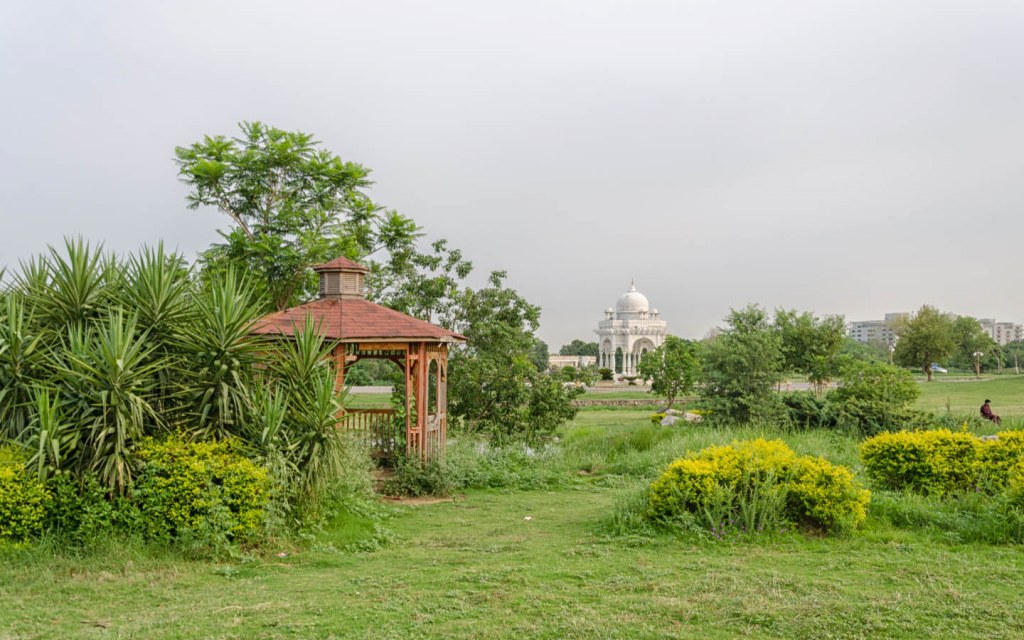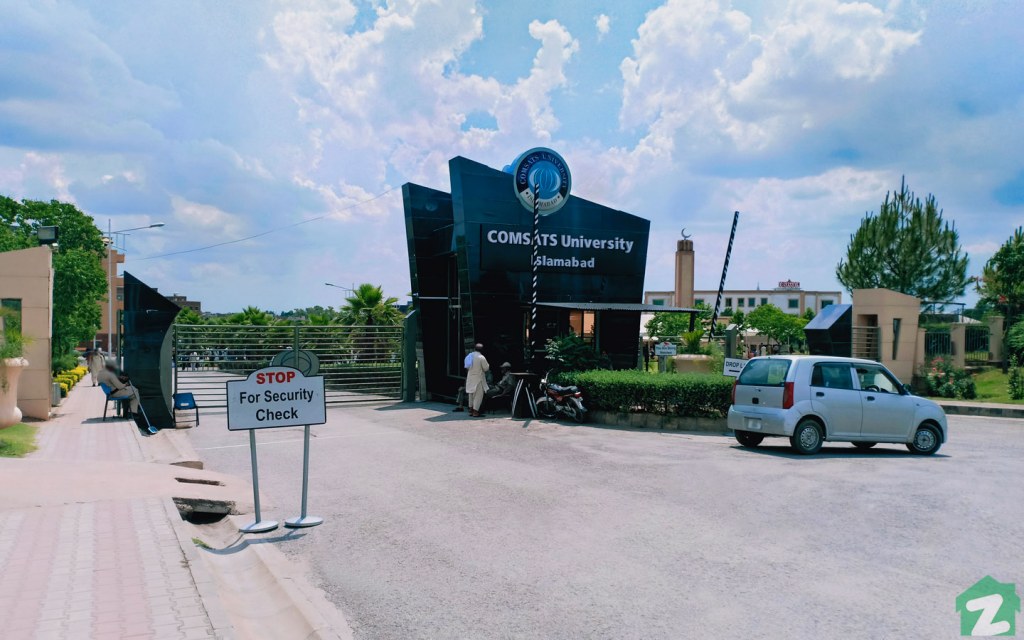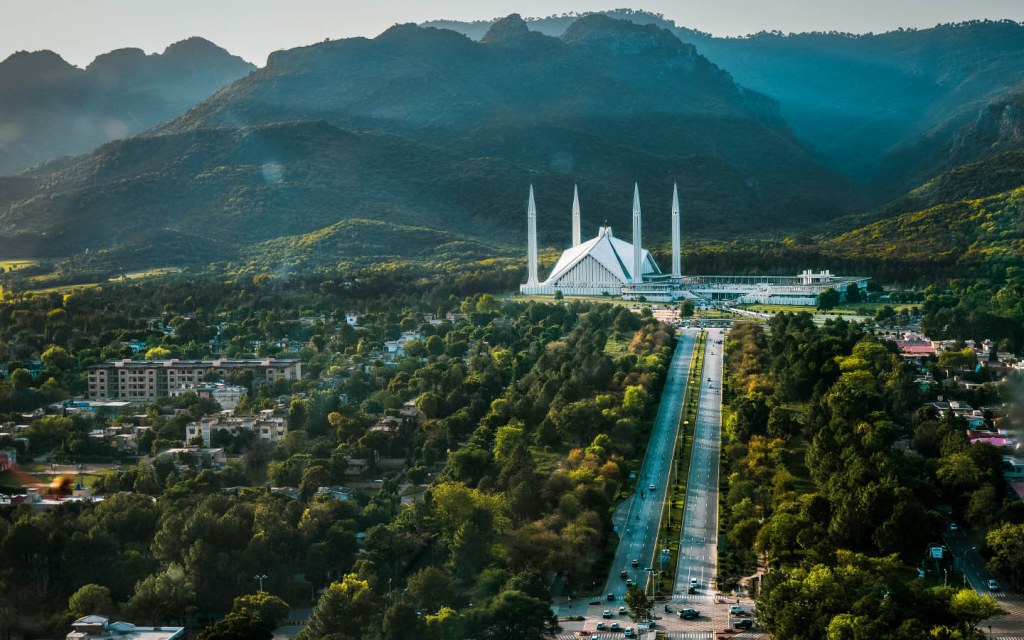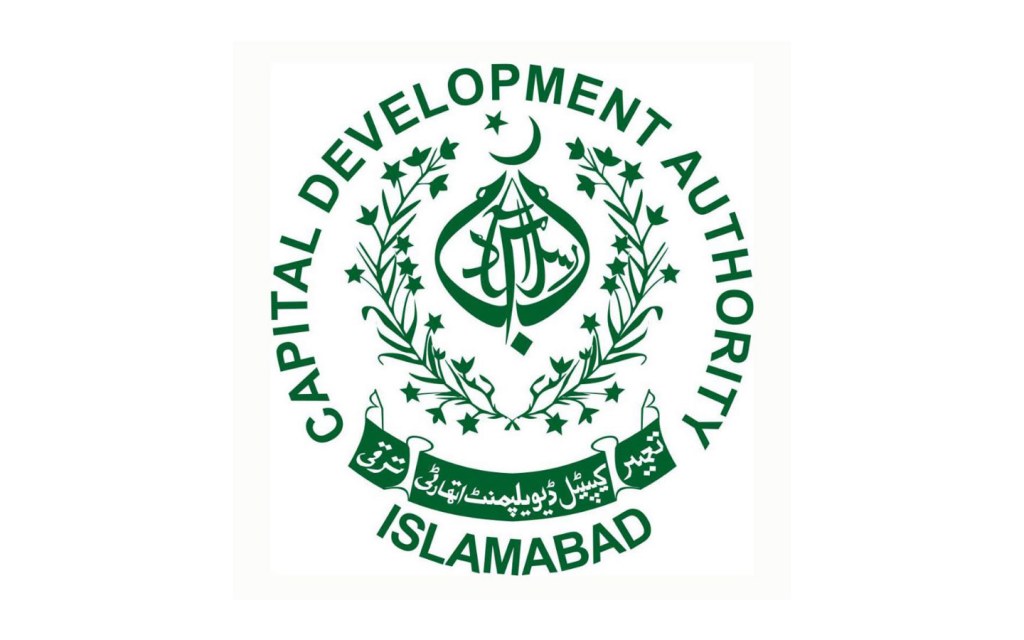Home » Laws & Taxes » Revised Master Plan Aims to Revive the Beauty of Islamabad
Nearly 60 years after the first master plan of Islamabad was accepted, the present government has officially approved a new master plan for the capital city on an immediate basis. The report on the revision was presented and confirmed during a recent cabinet meeting headed by Prime Minister of Pakistan Imran Khan, according to local newspapers.
A commission formed by the federal government briefed the cabinet on the proposals to revise the master plan of Islamabad in order to enhance the beauty of the city through green spaces and state-of-the-art infrastructure.
Apart from reviving its status as the green city of Pakistan, the new plan will also focus on overcoming water shortage, solving sanitation issues, controlling the growth of unauthorized real estate projects and expanding the city in a planned and environment-friendly manner.
It is important to note the zoning regulations in Islamabad Capital Territory will remain the same.
Special Assistant to the Prime Minister for Information and Broadcasting Firdous Ashiq Awan said the government will hire professionals and architects to consult on the matter, as per the report. She also said the first master plan of Islamabad was approved in the 1960s and was never revised, leading to unplanned urban expansion of the federal capital and putting a strain on basic civic amenities.
Moreover, the government has approved the proposal to restructure Capital Development Authority (CDA) – one of the primary bodies overseeing development work in Islamabad.
Important Features of the Report on Revised Master Plan of Islamabad
These are some of the features of the report on the revised master plan of Islamabad, as per a leading English daily.
Developmental Work in Sector G-6

During the meeting, the government reportedly decided to develop Sector G-6 as a pilot project under the revised Islamabad master plan. Here are some of the proposals regarding the allotment of land and developmental work in the sector, which were approved by the cabinet.
- Construction of modern, state-of-the-art buildings.
- The commercial area in the sector will be increased from 97 to 517 kanal.
- The land allotted for parks will be increased from 29 to 82 kanal.
- Public spaces and buildings in Sector G-6 will be increased from 556 to 700 kanal.
- About 16,515 new flats will be constructed on 1297 kanal of existing residential land.
New Ring Road and Bypass Projects
The report on the revised master plan for Islamabad also included strategic ways to divert traffic coming from different cities away from Islamabad. In order to do this, the commission proposed building a 40 kilometer long and 600 feet wide ring road from Rawat to Bhara Kahu. It also suggested constructing a southeastern bypass along with the development of link roads in Zone II, Zone IV and Zone V boasting a total length of 100 kilometer.
All of these plans were reportedly approved by the cabinet.
More Parks and Green Spaces

In a bid to make the city more environment-friendly and to promote its green image, the revised master plan will also include five new parks in Islamabad. It appears that three of these parks will be built in rural areas while one will be located in Sector H-16 along the Zone I motorway. These parks in the federal capital will be modelled after the popular F-9 Park, which is more commonly referred to as Fatima Jinnah Park.
Solving the civic issues
With the shortage of drinking water being one of the biggest civic issues being faced by the residents of Islamabad Capital Territory, the government has approved the plans to desilt Simly Dam and Rawal Lake for the time being. Meanwhile, work will be done on Chirrah and Shahdara water reservoir for a long-term solution.
Furthermore, the new Islamabad master plan report also included a proposal to provide approximately 200 million gallons of water on a daily basis to the Twin cities from Tarbela Dam via the Ghazi Barotha Water Project.
Establishment of Knowledge City and Technology Hubs

Another important proposal put forward by the commission in its master plan revision report was to turn Islamabad into a ‘Knowledge City.’ The capital is already home to more than 30 universities in both the public and private sectors, some of which are considered the best higher education institutes in Pakistan.
Apart from that, software technology parks promoting education activities would also be reportedly established in Zone IV and Zone V.
Preservation of Historic Sites
As per the local newspapers, the new plan will also focus on the preservation of important historic sites in the area. This includes Buddha Caves, Sher Shah Suri Well and Mankiala Stupa among others.
Moreover, camping sites, water sports facilities and chairlifts will also be improved to attract more tourists.
Revised Building Bylaws
According to the new building bylaws approved during the meeting, the buildings in Markaz areas will no longer have freedom of height. However, the commission reportedly proposed a greater height limit across the board.
In addition to that, the Capital Development Authority will allow housing societies in Islamabad to cover an area of 200 kanal, whereas previously such societies had to cover at least 400 kanal.
When Will the Islamabad Master Plan Be Executed?

The newly-approved master plan for Islamabad will be properly revised and executed in the next two years.
However, in order to do it, the commission proposed hiring a consultant to create a database of natural and cultural assets, assess maps, carry out a detailed study on the slum areas and study demographics scenarios along with urban design guidelines etc.
Firdous Ashiq Awan also told the media the government will hire top architects and professionals to execute the plan.
Restructuring the Capital Development Authority

Apart from approving the new Islamabad master plan, the cabinet also approved the commission’s proposal to restructure the Capital Development Authority, which was reportedly praised.
In a bid to make CDA an autonomous developmental body, the cabinet approved the separation of its policy-making and regulatory powers. As per the proposal, the non-executive CDA board will consist of nine members. Of these members, five will belong to the private sector – including the chairman. Meanwhile, the other members will include the Islamabad deputy commissioner, the Rawalpindi commissioner, CDA director general finance and CE housing authority. The authority will also hire a managing director in the place of vice-chairman.
It is also important to mention the federal cabinet also approved the establishment of the Real Estate Regulatory Authority, which is considered to be the next step in the country’s real estate revolution. It will be established under the Real Estate Regulation and Development Act and will regulate the matter related to the concerned sector with an appellate tribunal.
Furthermore, the commission has also put up an online public survey for the master plan of Islamabad, asking residents from different backgrounds to share their suggestions.
On a side note, if you’re looking to buy real estate in Islamabad, the Capital Development Authority is auctioning off residential plots in the federal capital. The auction will be held on Oct. 22 in Jinnah Convention Center at 10:00 AM.
For the latest updates on Real Estate Regulatory Authority and developmental work in new sectors in Islamabad, head over to Zameen Blog – Pakistan’s top real estate blog. You can take a look at our H1 2019 Real Estate Market Report for the Twin Cities to figure out which areas might be the best to purchase property in Islamabad.
In case you have any suggestions or queries, feel free to get in touch with us through blog@zameen.com. You can also subscribe to our newsletter on the right to learn more about the latest developments in the property sector.
Please note the blog will be updated as information regarding the revised master plan of Islamabad is released.



